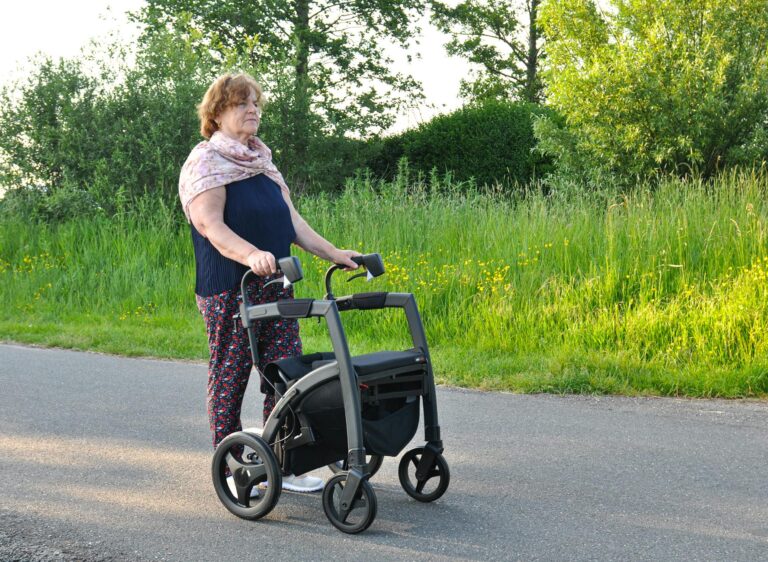Hiking is not just a simple walk in the woods, it is a powerful activity that can have a profound impact on both physical and cognitive health. From improving cardiovascular fitness to boosting mental clarity, hiking has numerous benefits that make it an ideal form of exercise for people of all ages and fitness levels.
Physical Benefits of Hiking:
1. Increases Cardiovascular Fitness: Hiking is a great way to get your heart pumping and improve your cardiovascular health. The varying terrain, such as hills and uneven trails, makes your heart work harder to supply oxygen to your body, thus improving your overall heart health.
2. Builds Strength and Endurance: Hiking is a full-body workout that engages different muscle groups, including your legs, core, and upper body. The more you hike, the more you build strength and endurance, which can help you with everyday activities and other physical activities like running and cycling.
3. Helps with Weight Loss: Hiking is an excellent form of exercise for those looking to lose weight. According to research, hiking can burn anywhere from 400-700 calories per hour, depending on the intensity of the hike. This makes it an effective way to shed unwanted pounds while enjoying the great outdoors.
4. Lowers Risk of Chronic Diseases: Regular hiking can reduce the risk of chronic diseases such as heart disease, diabetes, and obesity. By maintaining a healthy weight and improving cardiovascular health, hiking can help prevent and manage these conditions.
Cognitive Benefits of Hiking:
1. Reduces Stress and Anxiety: Spending time in nature has been proven to reduce stress levels and promote relaxation. Hiking provides a perfect escape from our busy lives and allows us to disconnect from technology and the constant demands of daily life. This break can help reduce anxiety and boost overall mental well-being.
2. Improves Mood and Mental Clarity: Hiking releases endorphins, also known as the “feel-good” hormones, which can boost our mood and productivity. The combination of fresh air, exercise, and natural surroundings can also improve mental clarity and creativity.
3. Enhances Memory and Attention Span: Hiking can have a positive impact on memory and attention span. Studies have shown that spending time in nature can improve cognitive function, including memory and focus. This is especially beneficial for older adults, as regular hiking can help prevent age-related cognitive decline.
4. Boosts Self-Esteem: Hiking can also help boost self-esteem and confidence. As you conquer challenging trails and reach new heights, you gain a sense of accomplishment and pride. This can have a positive effect on your self-image and overall self-worth.
Tips for Getting Started:
If you’re new to hiking, it’s essential to start slowly and gradually increase the intensity of your hikes. Here are a few tips to help you get started:
1. Choose appropriate gear: Invest in a good pair of hiking shoes with ankle support to prevent injuries. Wearing comfortable clothing, a hat, and sunscreen is also essential.
2. Start small: Begin with shorter hikes on well-maintained trails and gradually increase the distance and difficulty level as you build endurance.
3. Stay hydrated: Make sure to carry enough water and stay hydrated throughout your hike. Dehydration can lead to fatigue, dizziness, and other health issues.
4. Plan ahead: Research the trail before heading out and let someone know where you’re going and when you’ll be back. Carry a map, compass, and other essential items like a first-aid kit.
In conclusion, hiking is a simple yet powerful activity that can have a significant impact on both physical and cognitive health. With its numerous benefits and accessibility for people of all ages and fitness levels, it’s no surprise that hiking has become a popular form of exercise. So why not lace up your hiking boots, head out into nature, and experience the countless rewards that hiking has to offer? Your body and mind will thank you.





